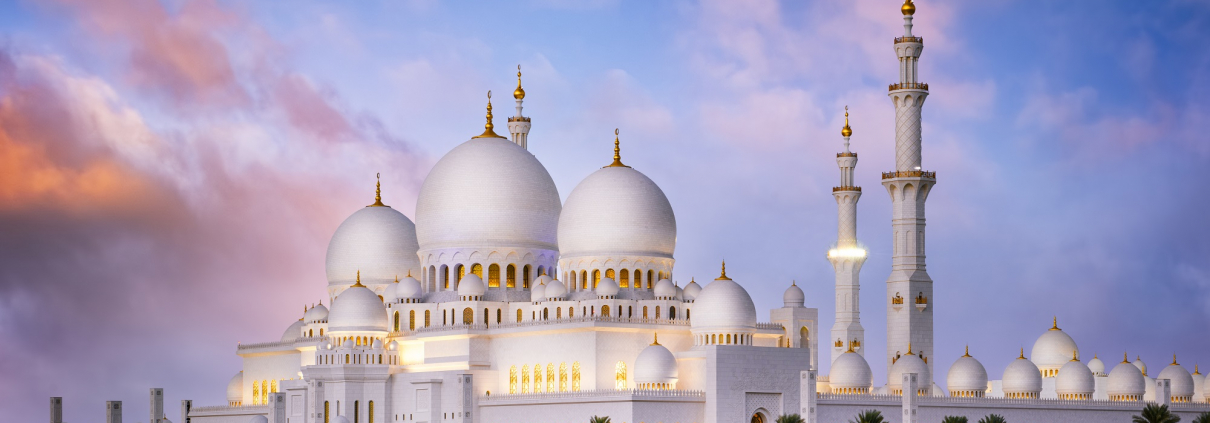Middle Eastern Language Translations
One of the fastest-growing segments of the translation industry is Middle Eastern language translation. Since the majority of the world’s oil supply has been shipped out of the Middle East for several generations, many people would think that much of the work would have already been done. After all, these countries have been doing business with the Western world for a very long time.
There is still much to be done in communicating with Middle Eastern countries and into their languages. With at least 53 percent of the global oil reserve residing in the Middle East, no country can afford to ignore the need for effective communication with these lands. Demand is not likely to slow down any time soon.
The biggest shift in Middle Eastern language translation in recent years has not, however, been from Western language into Arabic.
The biggest shift in Middle Eastern language translation in recent years has not, however, been from Western language into Arabic. Many Middle Eastern companies are seeking to translate their corporate messages from Arabic into English and other Western tongues.
Jordan is one Middle Eastern country breaking the mold. It is soon to be the home of one of the largest wind farms in the world. This country is actively promoting its alternate-energy program to the world at large and that means translating this message into many other languages. Many Middle Eastern corporations are also joining the trend of expanding outside of their region and into the international arena.
The Middle East has also been more open to tourism in recent years, a trend that is predicted to grow exponentially and rapidly. Dubai, for example, has become a worldwide tourist destination in only about three decades. With the world’s tallest tower, underwater hotels, man-made islands for rent or purchase, and an indoor ski resort among its claims to fame, this is currently the fastest-growing city on the planet.
Tourism of this caliber cannot be supported solely by the surrounding countries. Dubai is looking to the world for its tourism and other Middle Eastern countries are taking notes. Tourism is a growing industry and one in great need of multi-lingual translation.
The need for translation both into and out of the Middle Eastern languages and dialects is great. However, the culture is very different from that of many Western countries. Transforming a document, advertisement, or memo can be a delicate operation. Nothing should be assumed or taken for granted in translating into or out of Arabic or other Middle Eastern languages.
The Middle East is very much a region in transition. It will be very interesting to see how the need for translation will change and grow in this part of the world over the coming decades.





















Leave a Reply
Want to join the discussion?Feel free to contribute!